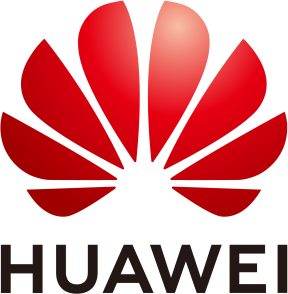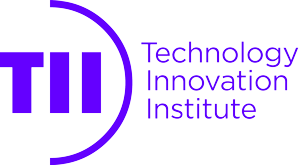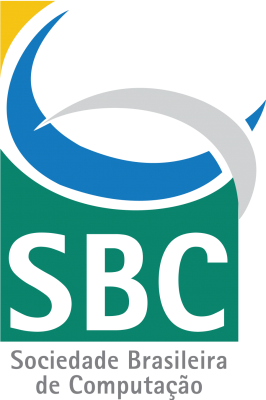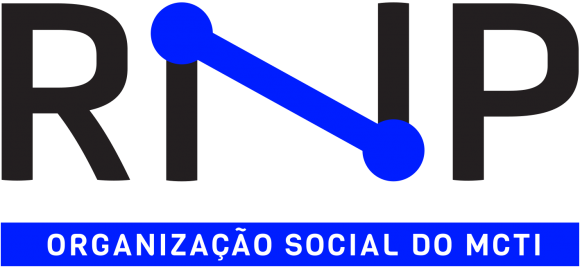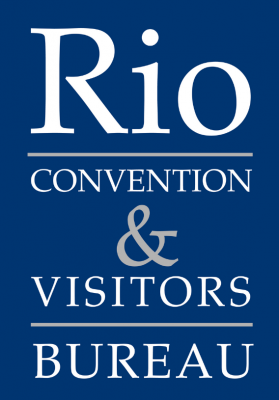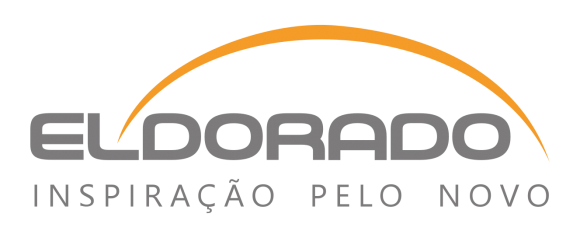LIST OF KEYNOTES:
Keynote 1: Wen Tong, Chief Technology Officer, Huawei Wireless
Title: Non-Terrestriel Massive-Satellite Communications Networks
Keynote 2: Roger Nichols, Strategic Director, Keysight Technologies
Title: Digital Transformation: Accelerating the "already fast"
Keynote 3: Sumei Sun, Institute for Infocomm Research (I2R), Singapore
Title: Toward Industrial Metaverse and Industry 5.0: Enabling Technologies and Research in 6G
Keynote 4: Filip De Turck, Information Technology (Intec) of Ghent University, Belgium
Title: Achieving Truly Immersive Holographic-Type Communication
Keynote 5: Cristiano Amon, President and Chief Executive Officer, Qualcomm Incorporated
Title: The Connected Intelligent Edge: Digital Transformation in the Age of Connected Processing
Keynote 6: Magnus Frodigh, Vice President and Head of Ericsson Research, Sweden
Title: Connecting a Cyber-Physical World
Keynote 7: Mérouane Debbah, Chief Researcher, Technology Innovation Institute, Abu Dhabi, UAE
Title: Electromagnetic Information Theory: Past, Present and Future
Keynote 8: Yin Gao, Senior Expert, ZTE Corporation
Title: AI enabled Wireless Network and Evolution
Keynote 1: WEN TONG, CHIEF TECNOLOGY OFFICER, HUAWEI wIRELESS
MONDAY, DEC 5 10:45 - 11:30 / LOCATION: ASIA HALL (I - IV)
Title: Non-Terrestriel Massive-Satellite Communications Networks
Abstract: The emerging of very low earth orbit mega-constellations for satellite networking opens up a new area for next generation of the wireless communications, by deploying the low orbit satellites, the ground-satellite link latency is drastically reduced, by densify the mega-constellations, the network capacity is increased, the optimization of network architecture can deliver the services using the satellite networks as an alternative to the terrestrial cellular networks. In addition, to realize the full earth coverage, such a very-low-earth-orbit-mega-constellation (VLEOMC) for satellite network can enable a host of new service capabilities. In this talk, we present the design and evaluation of the satellite to terrestrial and inter-satellite communications, and we also compare the performance with cellular networks and troposphere networking.
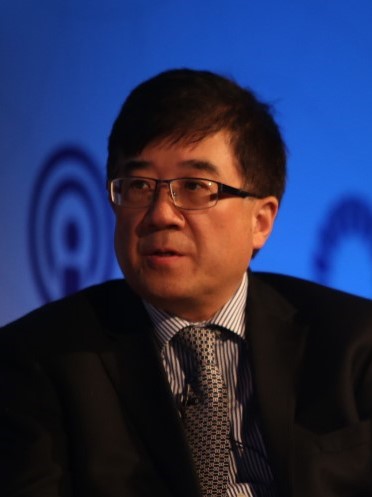 Bio: Dr. Wen Tong is the CTO, Huawei Wireless. He is the head of Huawei wireless research. In 2011, Dr. Tong was appointed the Head of Communications Technologies Labs of Huawei, currently, he is the Huawei 5G chief scientist and leads Huawei’s 10-year-long 5G wireless technologies research and development.
Bio: Dr. Wen Tong is the CTO, Huawei Wireless. He is the head of Huawei wireless research. In 2011, Dr. Tong was appointed the Head of Communications Technologies Labs of Huawei, currently, he is the Huawei 5G chief scientist and leads Huawei’s 10-year-long 5G wireless technologies research and development.
Prior to joining Huawei in 2009, Dr. Tong was the Nortel Fellow and head of the Network Technology Labs at Nortel. He joined the Wireless Technology Labs at Bell Northern Research in 1995 in Canada.
Dr. Tong is industry recognized leader in invention and standardization of advanced wireless technologies, he is the key contributor to 3GPP since its inception. Dr. Tong was elected as a Huawei Fellow and an IEEE Fellow.
He was the recipient of IEEE Communications Society Industry Innovation Award for “the leadership and contributions in development of 3G and 4G wireless systems” in 2014, and IEEE Communications Society Distinguished Industry Leader Award for “pioneering technical contributions and leadership in the mobile communications industry and innovation in 5G mobile communications technology” in 2018. He is also the recipient of R.A. Fessenden Medal. For the past three decades, he had pioneered fundamental technologies from 1G to 5G wireless with more than 450 granted US patents.
Dr. Tong is a Fellow of Canadian Academy of Engineering, and he also serves as Board of Director of WiFi Alliance. He is based in Ottawa, Canada.
Keynote 2: Roger Nichols, Strategic Director, KEYSIGHT TECHNOLOGIES
MONDAY, DEC 5 11:30 - 12:15 / LOCATION: ASIA HALL (I - IV)
Title: Digital Transformation: Accelerating the "already fast"
Abstract: The 2022 Globecom event theme, “Accelerating the digital transformation…” seems redundant. Large parts of our global society rely upon desktop and portable computation for major percentages of day-to-day activities from work to hobbies to entertainment to daily necessities like shopping for needed supplies and paying for utilities. There are more mobile phone subscriptions in the world than there are people and there is a saturated percentage of those subscriptions associated with smartphones. We walk around with digital Bluetooth earbuds, pay with digital credit cards, and speak on digital phone lines. Even “analog” industries like those of the automobile are digital—major automotive supply shortages in the last year are due to inadequate capacity in the digital supply chain! So, what in the world do we need to accelerate when it is obvious to even the casual user that we are already there! Maybe we are not there yet—some things remain to be transformed or are only beginning to “scratch the surface”. This talk will explore territory we still need to transform—we have an internet of things but the data from disparate systems (e.g. parking management and traffic flow) is not used in a single management system. Accomplishing automated driving and management of transportation is still years away. We use computers to educate, but what more could we do with interactive holographics? And all the while we admire our excellent computation and communications systems while large portions of the world, and even large portions of sophisticated and rich societies go unserved. Digitizing farming, for example, awaits our ability to provide adequate coverage for large-scale rural geography. And managing each of these means moving to ever-smarter communications with high-performance, and flexible programmable networks. I will conclude with how we need to work together to drive this innovation and work to ensure it is working as expected, in a sustainable manner, and with the highest possible level of security.
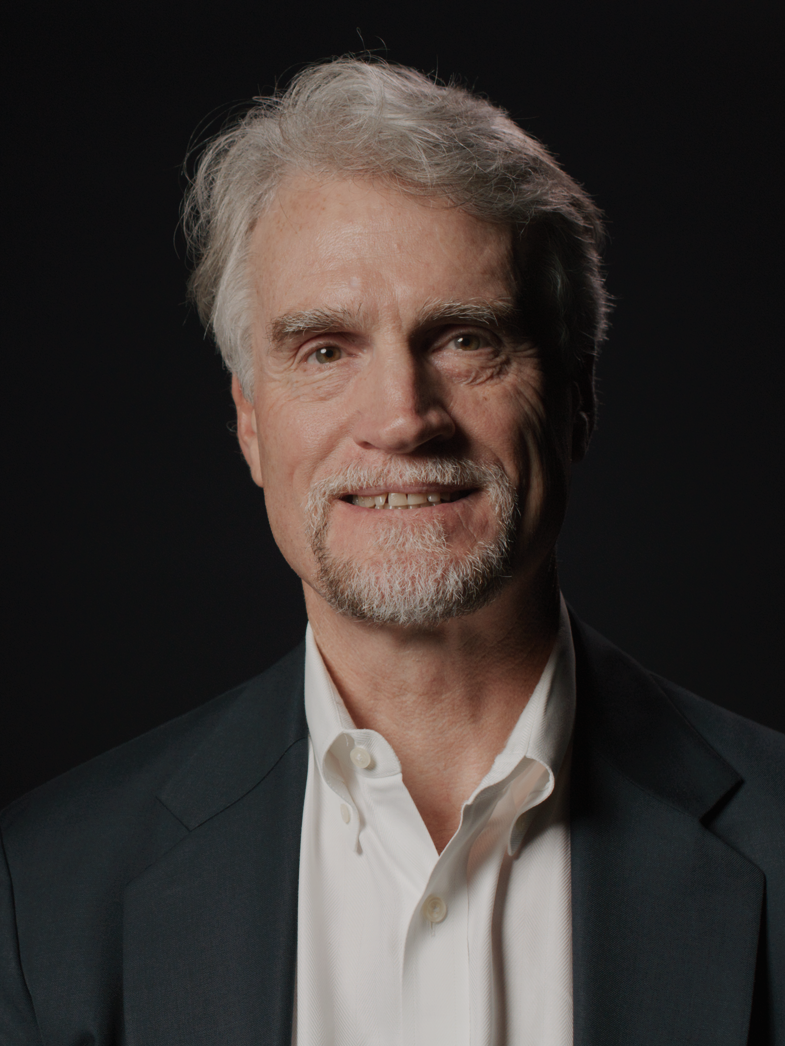 Bio: Roger Nichols is an acknowledged subject matter expert in mobile wireless communications design and measurement technologies. He has 37 years of engineering and management experience at Hewlett-Packard, Agilent, and Keysight spanning roles in R&D, marketing, and manufacturing. Having worked on every wireless generation he has been directing Keysight’s 6G program since its inception in 2019. He is a member of the FCC Technological Advisory Council and is also the strategic director of Keysight’s work in wireless standards.
Bio: Roger Nichols is an acknowledged subject matter expert in mobile wireless communications design and measurement technologies. He has 37 years of engineering and management experience at Hewlett-Packard, Agilent, and Keysight spanning roles in R&D, marketing, and manufacturing. Having worked on every wireless generation he has been directing Keysight’s 6G program since its inception in 2019. He is a member of the FCC Technological Advisory Council and is also the strategic director of Keysight’s work in wireless standards.
Roger holds a BSEE from the University of Colorado, Boulder.
KEYNOTE 3: SUMEI SUN, Institute for Infocomm Research (I2R), Singapore
TUESDAY, DEC 6 10:00 - 10:45 / LOCATION: ASIA HALL (I - IV)
Title: Toward Industrial Metaverse and Industry 5.0: Enabling Technologies and Research in 6G
Abstract: The fifth generation (5G) network, promising to provide enhanced mobile broadband (eMBB), mission-critical internet of things (IoT), and massive IoT, aims to be the digital transformation enabler in all industry sectors. Moving to 2030, the physical world, digital world, and human world will be even more seamlessly connected and interacted, creating brand new experiences in work, leisure, learning, study, and social activities, accelerating the digital transformation in processes and practices in all industry sectors and public services. These will form the core driver for 6G innovation. Drive for sustainability, represented by the Sustainable Development Goals (SDGs) in the United Nations (UN) Agenda 2030 also calls for 6G’s contribution.
In this talk, we will start with a brief review on the megatrend 2030. We look at the transformation from Industry 4.0 to Industry 5.0, and the role of industrial metaverse in this transformation. We motivate the driving needs for enabling technologies in 6G research. As examples, we share a few use cases in Singapore’s vertical sectors, and present some selected research in massive ultra-reliability low-latency communications (M-URLLC), wireless time sensitive networking (wTSN), software-defined agile spectrum aggregation, and artificial intelligence-enhanced joint sensing, communications and control (JSC2).
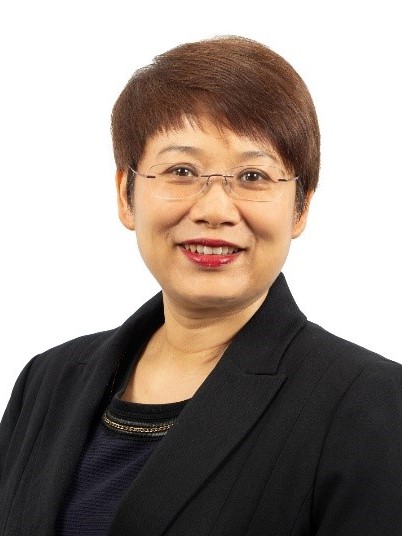 Bio: Sumei Sun is a Principal Scientist, Deputy Executive Director (Research), and Head of the Communications and Networks Dept at the Institute for Infocomm Research (I2R), Singapore. She is also holding a joint appointment with the Singapore Institute of Technology, and an adjunct appointment with the National University of Singapore, both as a full professor. Her current research interests are in next-generation wireless communications, joint sensing-communication-computing-control design, and industrial internet of things. She is a member at large (MAL) with the IEEE Communications Society (2021-2023), a member of the IEEE Vehicular Technology Society Board of Governors (2022-2024), and Editor-in-Chief of IEEE Open Journal of Vehicular Technology. She is also the Chairperson of Special 5G Strategy Task Force, and Chairperson of Future Networks Work Group, under the Telecommunication Standards Advisory Committee (TSAC) of Infocomm Media Development Authority (IMDA) Singapore.
Bio: Sumei Sun is a Principal Scientist, Deputy Executive Director (Research), and Head of the Communications and Networks Dept at the Institute for Infocomm Research (I2R), Singapore. She is also holding a joint appointment with the Singapore Institute of Technology, and an adjunct appointment with the National University of Singapore, both as a full professor. Her current research interests are in next-generation wireless communications, joint sensing-communication-computing-control design, and industrial internet of things. She is a member at large (MAL) with the IEEE Communications Society (2021-2023), a member of the IEEE Vehicular Technology Society Board of Governors (2022-2024), and Editor-in-Chief of IEEE Open Journal of Vehicular Technology. She is also the Chairperson of Special 5G Strategy Task Force, and Chairperson of Future Networks Work Group, under the Telecommunication Standards Advisory Committee (TSAC) of Infocomm Media Development Authority (IMDA) Singapore.
Keynote 4: Filip De Turck, Information Technology (Intec) of Ghent University, BelgiumIN
TUESDAY, DEC 6 10:45 - 11:30 / LOCATION: ASIA HALL (I - IV)
Title: Achieving Truly Immersive Holographic-Type Communication
Abstract: This keynote talk will first present a review of video streaming over telecommunication networks, and its evolution over time, taking also the important evolution towards network softwarizaton into account. The importance and the opportunities provided by volumetric media delivery will be outlined by means of several examples. The most appropriate management platform design for volumetric media delivery and the various challenges and possible approaches will be highlighted next. Finally an overview of research challenges and opportunities will be presented to stimulate further collaborative research in this exciting area.
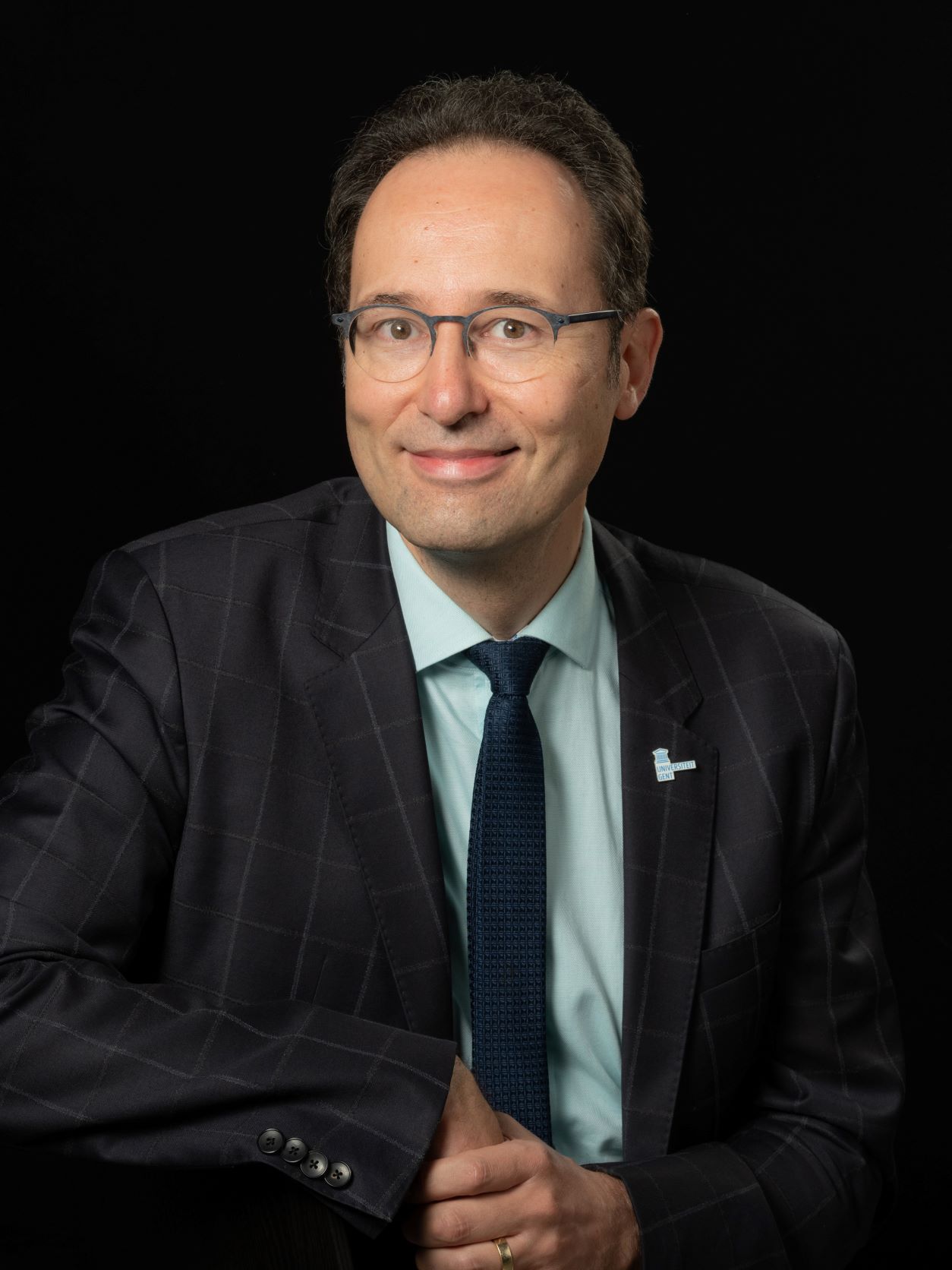 Bio: Filip De Turck is a professor at the department of Information Technology (Intec) of Ghent University and imec, Belgium with expertise in communication software, network resource management, adaptive multimedia service delivery and next generation video delivery platforms. In this research area, he is involved in and successfully completed many research projects with industry and academia, served as Chair of the IEEE Technical Committee on Network Operations and Management (CNOM), former chair of the Future Internet Cluster of the European Commission, is on the TPC of many international network and service management conferences and workshops and serves in the Editorial Board of several network and service management journals. Prof. Filip De Turck regularly organizes international workshops on the above mentioned topics, served as Editor-in-Chief of IEEE Transactions on Network and Service Management (TNSM), and steering committee member of the IEEE/IFIP Network Operations and Management Symposium (NOMS), the IFIP/IEEE Integrated Network Management (IM) Symposium, the IEEE Conference on Network Softwarization (IEEE NetSoft) and the IFIP/IEEE Conference on Network and Service Management (CNSM). He also served as chair of the IEEE SDN Initiative Conference Committee, which coordinates initiative IEEE events and conferences on Softwarized Networks. Prof. Filip De Turck was named a Fellow of the IEEE (Institute of Electrical and Electronics Engineers) for outstanding technical contributions to network resource management and adaptive service delivery. He is currently (co-)author of over 750 publications. He received the IEEE ComSoc Dan Stokesberry Award 2021 for particularly distinguished technical contributions to the growth of the network operations and service management field.
Bio: Filip De Turck is a professor at the department of Information Technology (Intec) of Ghent University and imec, Belgium with expertise in communication software, network resource management, adaptive multimedia service delivery and next generation video delivery platforms. In this research area, he is involved in and successfully completed many research projects with industry and academia, served as Chair of the IEEE Technical Committee on Network Operations and Management (CNOM), former chair of the Future Internet Cluster of the European Commission, is on the TPC of many international network and service management conferences and workshops and serves in the Editorial Board of several network and service management journals. Prof. Filip De Turck regularly organizes international workshops on the above mentioned topics, served as Editor-in-Chief of IEEE Transactions on Network and Service Management (TNSM), and steering committee member of the IEEE/IFIP Network Operations and Management Symposium (NOMS), the IFIP/IEEE Integrated Network Management (IM) Symposium, the IEEE Conference on Network Softwarization (IEEE NetSoft) and the IFIP/IEEE Conference on Network and Service Management (CNSM). He also served as chair of the IEEE SDN Initiative Conference Committee, which coordinates initiative IEEE events and conferences on Softwarized Networks. Prof. Filip De Turck was named a Fellow of the IEEE (Institute of Electrical and Electronics Engineers) for outstanding technical contributions to network resource management and adaptive service delivery. He is currently (co-)author of over 750 publications. He received the IEEE ComSoc Dan Stokesberry Award 2021 for particularly distinguished technical contributions to the growth of the network operations and service management field.
Keynote 5: Cristiano R. Amon PRESIDENT AND CHIEF EXECUTIVE OFFICER, QUALCOMM INCORPORATED
TUESDAY, DEC 6 11:30 - 12:15 / LOCATION: ASIA HALL (I - IV)
Title: The Connected Intelligent Edge: Digital Transformation in the Age of Connected Processing
Abstract: The promise of digital transformation is being realized as industries adopt advanced technologies to deliver new services, efficiencies and resiliency. As 5G has reached critical mass and evolves toward 5G Advanced it is positioned to become the connectivity fabric for the next phase of global industrial growth, connecting virtually everything to the cloud and, jointly with AI advancements, unlocking significant new opportunities at the edge. New use cases are coming into focus that provide exciting areas for innovation and come with challenging technical requirements for the industry. Qualcomm President and CEO Cristiano Amon will speak about how the convergence of 5G, AI and high performance, low power processing is accelerating digital transformation around the world. He will highlight the success of the global ecosystem in commercializing and expanding 5G, AI, and other core technologies as well as how the emerging technology roadmap will address the opportunities and challenges that lay ahead.
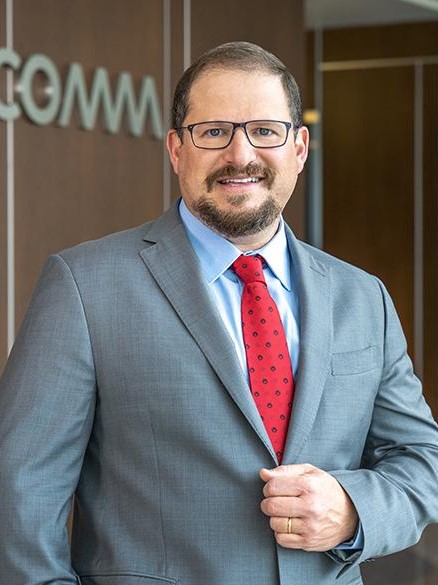 Bio: Cristiano Amon is president and chief executive officer of Qualcomm Incorporated, and also serves on the Company’s board of directors. Amon assumed the role of CEO on June 30, 2021.
Bio: Cristiano Amon is president and chief executive officer of Qualcomm Incorporated, and also serves on the Company’s board of directors. Amon assumed the role of CEO on June 30, 2021.
Amon began his Qualcomm career in 1995 as an engineer, and during his tenure, has helped shape the strategic direction for the Company in several leadership roles. Prior to becoming CEO, Amon served as president of Qualcomm. In that role, he steered development of a leading and differentiated product roadmap, spearheaded Qualcomm’s 5G strategy – as well as its acceleration and global roll out – and drove the expansion and diversification of the business to serve multiple industries. Additionally, he has overseen the successful execution of M&A to augment Qualcomm’s capabilities and accelerate growth in key areas, including RF Front End, Connectivity and Networking.
Previously, Amon led Qualcomm’s semiconductor business as president of QCT. He also held several technical and business leadership positions, which included having overall responsibility for Snapdragon® platforms.
Prior to Qualcomm, Amon served as chief technical officer for Vésper, a wireless operator in Brazil, and held leadership positions at NEC, Ericsson and Velocom.
Amon holds a B.S. degree in Electrical Engineering and an honorary doctorate from UNICAMP – Universidade Estadual de Campinas, São Paulo, Brazil. He is the Co-Chair of the Council for IoT at the World Economic Forum's Center for 4th Industrial Revolution.
Keynote 6: Magnus Frodigh, Vice President and Head of Ericsson Research, Sweden
WEDNESDAY, DEC 7 10:00 - 10:45 / LOCATION: ASIA HALL (I - IV)
Title: Connecting a Cyber-Physical World
Abstract: Incredibly, today's networks have formed an intelligent digital infrastructure offering endless possibilities to individuals, enterprises, and governments worldwide. The rollout of 5G will enable robust new solutions for a wide range of social, environmental, and economic challenges. We are already on the way towards the next paradigm shift formed by a combination of emerging technology trends. That paradigm shift will take us to the 6G era which will give rise to challenges beyond what even 5G can meet. The increasing expectations set a clear target for us in the industry and research community? 6G should contribute to an efficient, human-friendly, sustainable society through ever-present intelligent communication. This presentation will outline Ericsson's vision where 6G will enable a cyber-physical continuum blending the physical real world of sensing, action and experience with a programmable digital representation of that same world, and call on the audience to engage in the shaping of the future network platform.
.jpg) Bio: Dr. Magnus Frodigh is Vice President and Head of Ericsson Research. In this role he leads Ericsson?s long-term technology research organization, its close collaboration with academia and industry, and its contributions to the Ericsson business and product development. He holds a Master of Science degree from Linköping University of Technology, Sweden, and a Ph.D. in Radio Communication Systems from the Royal Institute of Technology, where he is also adjunct Professor in Wireless Infrastructures. He is a Fellow of the Royal Swedish Academy of Engineering Sciences (IVA) Frodigh joined Ericsson in 1994 and has over the past three decades held various key senior positions within Research & Development and Product Management, throughout the generations of mobile technology, from 2G all the way to current research on 6G technologies. He holds 29 patents.
Bio: Dr. Magnus Frodigh is Vice President and Head of Ericsson Research. In this role he leads Ericsson?s long-term technology research organization, its close collaboration with academia and industry, and its contributions to the Ericsson business and product development. He holds a Master of Science degree from Linköping University of Technology, Sweden, and a Ph.D. in Radio Communication Systems from the Royal Institute of Technology, where he is also adjunct Professor in Wireless Infrastructures. He is a Fellow of the Royal Swedish Academy of Engineering Sciences (IVA) Frodigh joined Ericsson in 1994 and has over the past three decades held various key senior positions within Research & Development and Product Management, throughout the generations of mobile technology, from 2G all the way to current research on 6G technologies. He holds 29 patents.
Keynote 7: MéROUANE DEBBAH, Chief Researcher, TECHNOLOGY INNOVATION INSTITUTE, ABU DHABI, UAE
WEDNESDAY, DEC 7 10:45 - 11:30 / LOCATION: ASIA HALL (I - IV)
Title: Electromagnetic Information Theory: Past, Present and Future
Abstract: In this talk, we will discuss this new avenue of research, with the willingness to unify wireless communication theory and electromagnetic theory, something that has never been achieved since the landmark work of Gabor. In particular, it is known that major advances in Wireless Communications are made by re-questioning the model assumptions and we will discuss how the incorporation of neglected physics has a chance of yielding breakthroughs for next generation wireless communication systems.
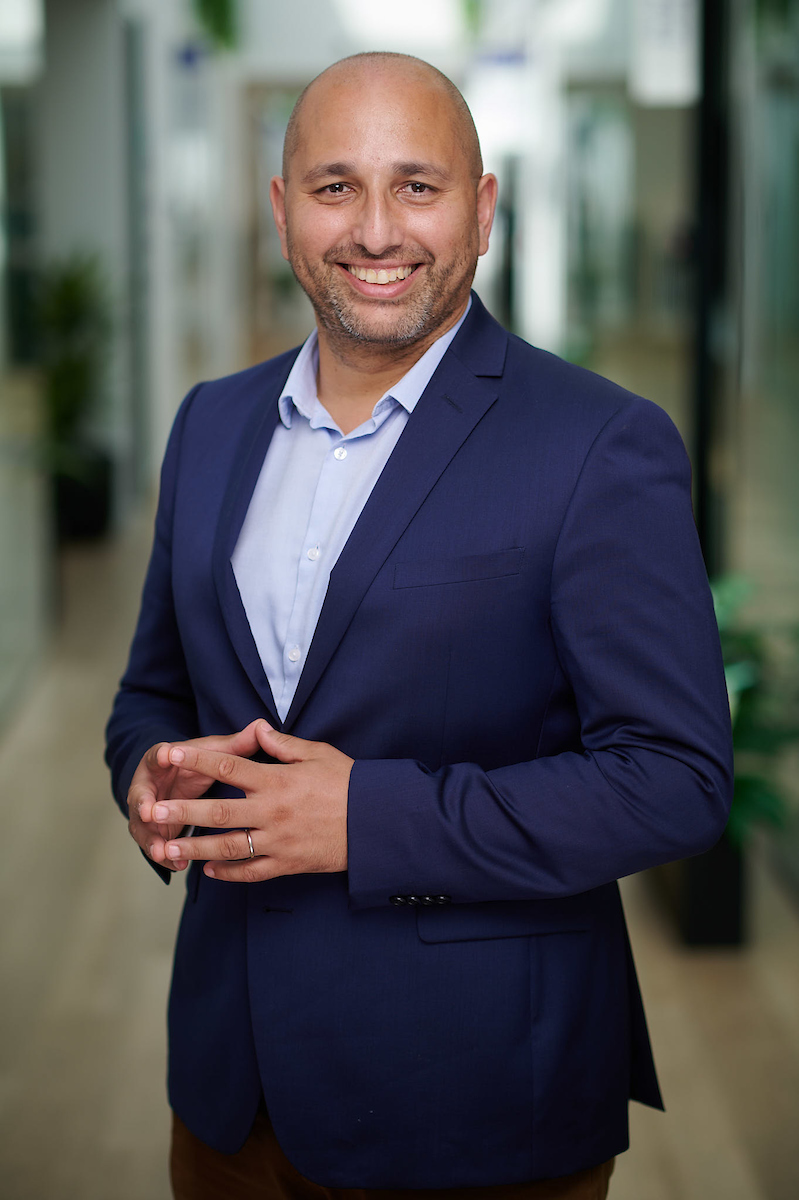 Bio: Mérouane Debbah is Chief Researcher at the Technology Innovation Institute in Abu Dhabi. He is an Adjunct Professor with the Department of Machine Learning at the Mohamed Bin Zayed University of Artificial Intelligence. He received the M.Sc. and Ph.D. degrees from the Ecole Normale Supérieure Paris-Saclay, France. He was with Motorola Labs, Saclay, France, from 1999 to 2002, and also with the Vienna Research Center for Telecommunications, Vienna, Austria, until 2003. From 2003 to 2007, he was an Assistant Professor with the Mobile Communications Department, Institut Eurecom, Sophia Antipolis, France. In 2007, he was appointed Full Professor at CentraleSupelec, Gif-sur-Yvette, France. From 2007 to 2014, he was the Director of the Alcatel-Lucent Chair on Flexible Radio. From 2014 to 2021, he was Vice-President of the Huawei France Research Center. He was jointly the director of the Mathematical and Algorithmic Sciences Lab as well as the director of the Lagrange Mathematical and Computing Research Center.
Bio: Mérouane Debbah is Chief Researcher at the Technology Innovation Institute in Abu Dhabi. He is an Adjunct Professor with the Department of Machine Learning at the Mohamed Bin Zayed University of Artificial Intelligence. He received the M.Sc. and Ph.D. degrees from the Ecole Normale Supérieure Paris-Saclay, France. He was with Motorola Labs, Saclay, France, from 1999 to 2002, and also with the Vienna Research Center for Telecommunications, Vienna, Austria, until 2003. From 2003 to 2007, he was an Assistant Professor with the Mobile Communications Department, Institut Eurecom, Sophia Antipolis, France. In 2007, he was appointed Full Professor at CentraleSupelec, Gif-sur-Yvette, France. From 2007 to 2014, he was the Director of the Alcatel-Lucent Chair on Flexible Radio. From 2014 to 2021, he was Vice-President of the Huawei France Research Center. He was jointly the director of the Mathematical and Algorithmic Sciences Lab as well as the director of the Lagrange Mathematical and Computing Research Center.
Since 2021, he is leading the AI & Telecom Systems center at the Technology Innovation Institute. He has managed 8 EU projects and more than 24 national and international projects. His research interests lie in fundamental mathematics, algorithms, statistics, information, and communication sciences research. He is an IEEE Fellow, a WWRF Fellow, a Eurasip Fellow, an AAIA Fellow, an Institut Louis Bachelier Fellow and a Membre émérite SEE. He was a recipient of the ERC Grant MORE (Advanced Mathematical Tools for Complex Network Engineering) from 2012 to 2017. He was a recipient of the Mario Boella Award in 2005, the IEEE Glavieux Prize Award in 2011, the Qualcomm Innovation Prize Award in 2012, the 2019 IEEE Radio Communications Committee Technical Recognition Award and the 2020 SEE Blondel Medal. He received more than 20 best paper awards, among which the 2007 IEEE GLOBECOM Best Paper Award, the Wi-Opt 2009 Best Paper Award, the 2010 Newcom++ Best Paper Award, the WUN CogCom Best Paper 2012 and 2013 Award, the 2014 WCNC Best Paper Award, the 2015 ICC Best Paper Award, the 2015 IEEE Communications Society Leonard G. Abraham Prize, the 2015 IEEE Communications Society Fred W. Ellersick Prize, the 2016 IEEE Communications Society Best Tutorial Paper Award, the 2016 European Wireless Best Paper Award, the 2017 Eurasip Best Paper Award, the 2018 IEEE Marconi Prize Paper Award, the 2019 IEEE Communications Society Young Author Best Paper Award, the 2021 Eurasip Best Paper Award, the 2021 IEEE Marconi Prize Paper Award as well as the Valuetools 2007, Valuetools 2008, CrownCom 2009, Valuetools 2012, SAM 2014, and 2017 IEEE Sweden VT-COM-IT Joint Chapter best student paper awards. He is an Associate Editor-in-Chief of the journal Random Matrix: Theory and Applications. He was an Associate Area Editor and Senior Area Editor of the IEEE TRANSACTIONS ON SIGNAL PROCESSING from 2011 to 2013 and from 2013 to 2014, respectively. From 2021 to 2022, he serves as an IEEE Signal Processing Society Distinguished Industry Speaker.
Keynote 8: YIN GAO, SENIOR EXPERT, ZTE CORPORATION
WEDNESDAY, DEC 7 11:30 - 12:15 / LOCATION: ASIA HALL (I - IV)
Title: AI enabled Wireless Network and Evolution
Abstract: Introducing AI technology in wireless network to solve a certain network optimization problem does not enable network self-optimization. Future communication is not only considered to apply AI to enhance the certain function, e.g., network energy saving, mobility management, load balancing, but also is designed to integrate AI into every aspect of wireless communication system to depict vision of the intrinsic AI. AI enabled Green Network and Smart Factory are illustrated as two important application cases.
In order to bring autonomous learning, autonomous decision-making, self-optimization and self-evolution, in the furture, AI-Native radio network will be an intelligent loop, in which is intelligent data perception, intelligent modeling, AI-assisted architecture, and intelligent monitor.
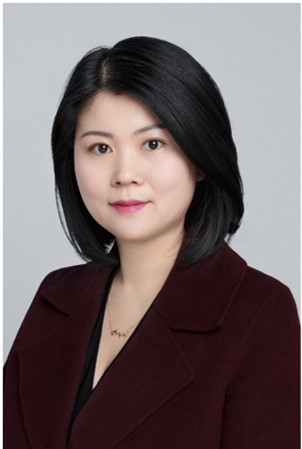 Bio: Yin Gao is a senior expert in Wireless Communication Standardization and Industrial Relationship of ZTE and 3GPP RAN3 Chair. She possesses 16 plus years experience in the telecommunication industry and 14 plus years in 3GPP RAN3 working group. Yin received her Bachelor and Master degrees from the Xi'dian University of China. She joined ZTE and worked on software development and system design of the wireless communication system as early as 2005. Starting in 2007, she has been focusing on advanced radio access technology research and standardization with over 500 3GPP contributions and over 50 granted patents globally. She has been served as RAN3 vice chair of 3GPP RAN3 since 2017 and elected as chair of 3GPP RAN3 in May 2021.
Bio: Yin Gao is a senior expert in Wireless Communication Standardization and Industrial Relationship of ZTE and 3GPP RAN3 Chair. She possesses 16 plus years experience in the telecommunication industry and 14 plus years in 3GPP RAN3 working group. Yin received her Bachelor and Master degrees from the Xi'dian University of China. She joined ZTE and worked on software development and system design of the wireless communication system as early as 2005. Starting in 2007, she has been focusing on advanced radio access technology research and standardization with over 500 3GPP contributions and over 50 granted patents globally. She has been served as RAN3 vice chair of 3GPP RAN3 since 2017 and elected as chair of 3GPP RAN3 in May 2021.



